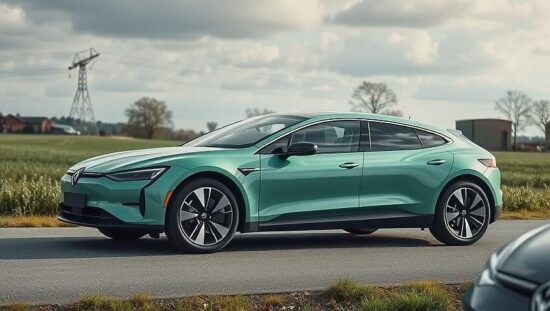As the European transport and environment association, T&E, has revealed, a subsidized leasing program could help make electric vehicles more accessible to low-income households in Germany, potentially benefiting up to 800,000 such households. This analysis, based on data from the Öko-Institut, suggests that Germany has the largest potential in Europe to make the transition to climate-friendly transportation more affordable for those with lower incomes through the concept of social leasing.
Experts at T&E Deutschland believe that the current focus on promoting electric mobility for higher-income individuals in Germany is not addressing the needs of those who are most affected by rising fuel prices. “In Germany, we are currently primarily promoting e-mobility for those with higher incomes. People who are most affected by the increasing fuel prices are not benefiting as much” said Susanne Goetz, an expert on e-mobility at T&E Deutschland, in an interview with the RND.
Social leasing, which involves offering reduced monthly rates for electric vehicles, could provide a concrete solution for making people in rural areas, who often rely on cars, independent of fossil fuels. “At the same time, our automotive industry and the climate will benefit” Goetz added.
According to the analysis, up to three million people in Germany, Spain, France, Italy and Poland could potentially switch to electric vehicles by 2032. T&E suggests that national social leasing programs could be financed through the EU’s emissions trading system, with reduced monthly rates for households ranging from 130 to 215 euros.
France has already had positive experiences with the concept of subsidized leasing for low-income individuals, with the program’s initial offering of 10,000 vehicles being fully booked within weeks of its launch in 2024. Germany’s coalition is also planning to introduce a similar program in the near future.





